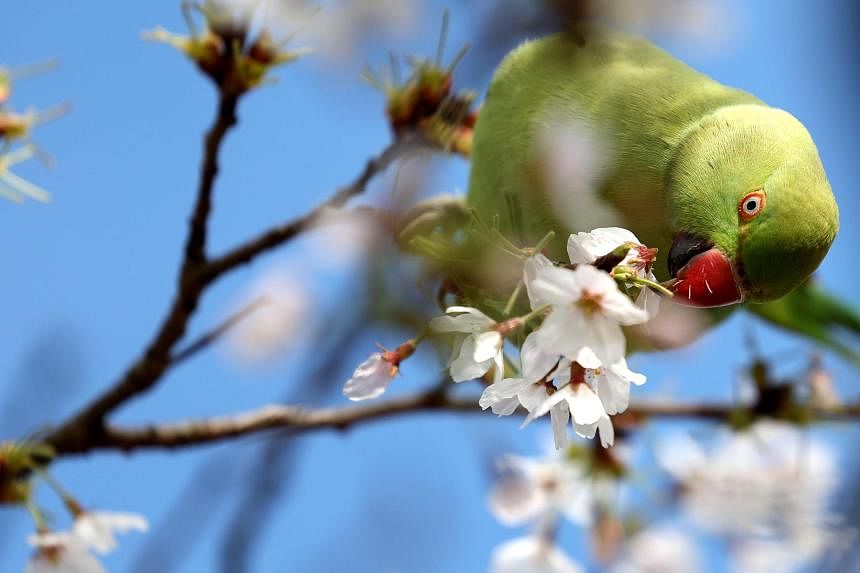LONDON – Greensphere Capital said on March 20 that it had received backing from the UK Infrastructure Bank (Ukib) for the first fund looking to commercialise nature and climate research at Britain’s top bioscience and environmental science institutes.
The move aims to bolster the government’s green credentials even as it rows back on other environmental targets and follows a deal at a United Nations summit in 2022 to protect nature and direct billions of dollars towards conservation.
The Ukib has agreed to commit £50 million (S$85 million) to the Gaia Sciences Innovation fund on the condition it raises a similar amount from other investors.
Mr Frank Mars, board member of the family-owned food giant Mars, has pledged £15 million while the Greensphere team has provided £1.3 million. The target for the fund is £100 million, with a £150 million hard cap, it said.
Mr Mars will also act as chair of the fund’s advisory committee as it looks for businesses to start up, spin out or scale up as part of efforts to fight climate change and biodiversity loss.
The fund will focus on the efforts of 4,000 scientists, researchers and conservationists across institutions, including the Royal Botanical Gardens, Kew, conservation charity ZSL, the University of York and the UK Centre for Ecology & Hydrology.
“We need to scale investment in this sector if it is going to deliver on its promise in the United Kingdom. This deal will help,” said Ukib chief executive John Flint, with the funding drawing in other investors and helping boost skills and innovation.
Much of the investment will focus on boosting regional growth in Britain, a formal part of Ukib’s remit.
Mr Mars said: “I often get pitched with ‘unique’ opportunities. Individual ideas are relatively easy. In my experience, it takes collaborating with others for something to become an innovation – which is the hard part.”
According to the World Economic Forum, US$44 trillion (S$59 trillion) of global economic value is moderately or highly dependent on nature and its services, making up over half of global economic output. REUTERS

